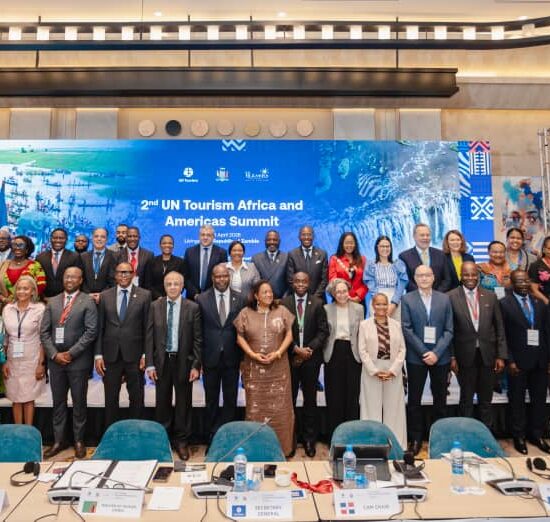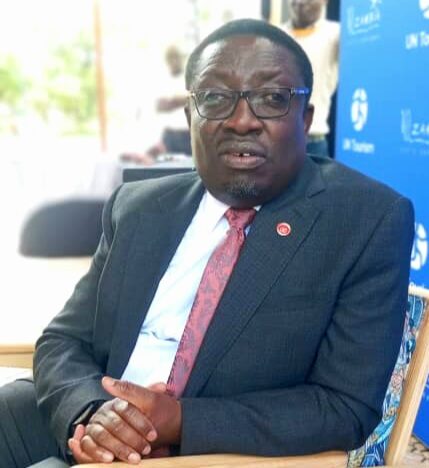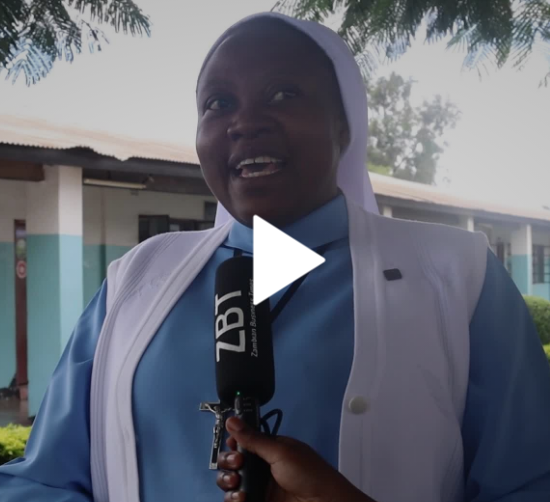
Even as power utility ZESCO proposes to increase electricity connection fees among other proposed increaments in tariffs, it’s worrying to note that 70% of Zambia’s household are currently not connected to the electricity national grid.
According to the revelation by the Energy Regulation Board – ERB to the Zambian Business Times – ZBT, the official number of households connected to the national grid as at 30th June, 2022 was about 1.2 million.
When ZBT compared this 1.2 million households connected to the grid to a total of about 3.5 million households for the entire country using the official Zamstats average family size of 5.5 people and a national projected population of about 19 million people, this confirms that only about 30% of households in Zambia are connected to the electricity national grid.
This revelation puts state owned power utility ZESCO on the spot for its infatuation for exports when 70% of its citizens have no access to electricity at household level. The power utility despite this damning statistic has proceeded to request for an upward tariff adjustment of over 600%.
Responding to a press query from ZBT, ERB Corporate affairs Manager Kasumpa Namukolo said according to the report the regulator received from ZESCO as at 30th June, 2022, the official number of households connected was 1,177,699 (about 1.2 million) compared to 1,154,409 recorded at the end of quarter 1 of 2022.
She however said the breakdown of customers connected to the grid by province, district or constituency ward level, could best be obtained from their licensed grid connected distribution companies. This is despite the fact that universal access to electricity is a fundamental objective of any responsible ministry of energy as well as ERB.
“Though as a regulator, ERB has no direct role in connecting households to the grid, the Board guarantees that licensed distribution enterprises are appropriately compensated through a reasonable tariff or connection charges, which ensure growth in extending the grid and/or connecting more districts.” She said.
Kasumpa explained that Key to the ERB’s mandate is to ensure that the electricity is financially and technically viable through implementation of regulatory practices that promote investment in the sector in line with Government policy.
She said ERB is mandated under the Electricity Act No.11 of 2019 to secure a regular, efficient, coordinated and economic supply of electricity and also to facilitate universal access. Kasumpa however mentioned that ZESCO and Rural Electrification Authority (REA) are the two key institutions working in collaboration with the Ministry of Energy undertaking a number of projects to ensure that more districts are connected to the grid.
ERB stated that some of the projects being undertaken include the Lusaka Transmission & Distribution Rehabilitation Project (LTDRP) – Last Mile, Electricity Services Access Project (ESAP) and Sustainable Electricity Supply Southern Division (SESSD) among other projects.
When separately contacted to give the official number of districts connected to the national grid, both the Rural Electrification authority – REA and the Copperbelt Energy Corporation – CEC referred ZBT to ZESCO who had not responded by press time.
Analysts say putting up of electrify infrastructure and connecting all districts and achieving over 90% connections to the electricity national grid for all households in Zambia is as important as putting up road and other essential infrastructure necessary such as schools and hospitals for national development.
The increased allocation to REA is a welcome move which should be followed up by clear objectives such as how many districts will be connected in 2023 and what timelines are attached to when all the 116 districts are connected to the national grid. Agro development which rely on irrigation for instance and general Industrial Investments in most districts and the hinterlands of Zambia are hindered by lack of reliable source of electricity.







